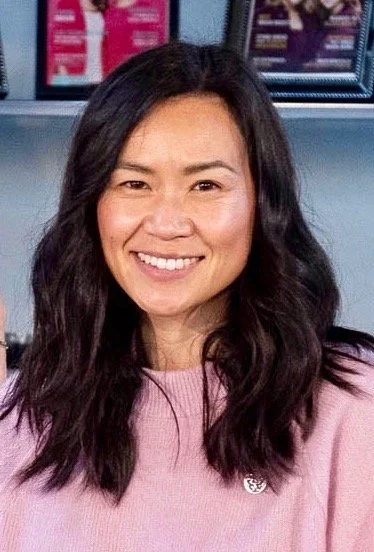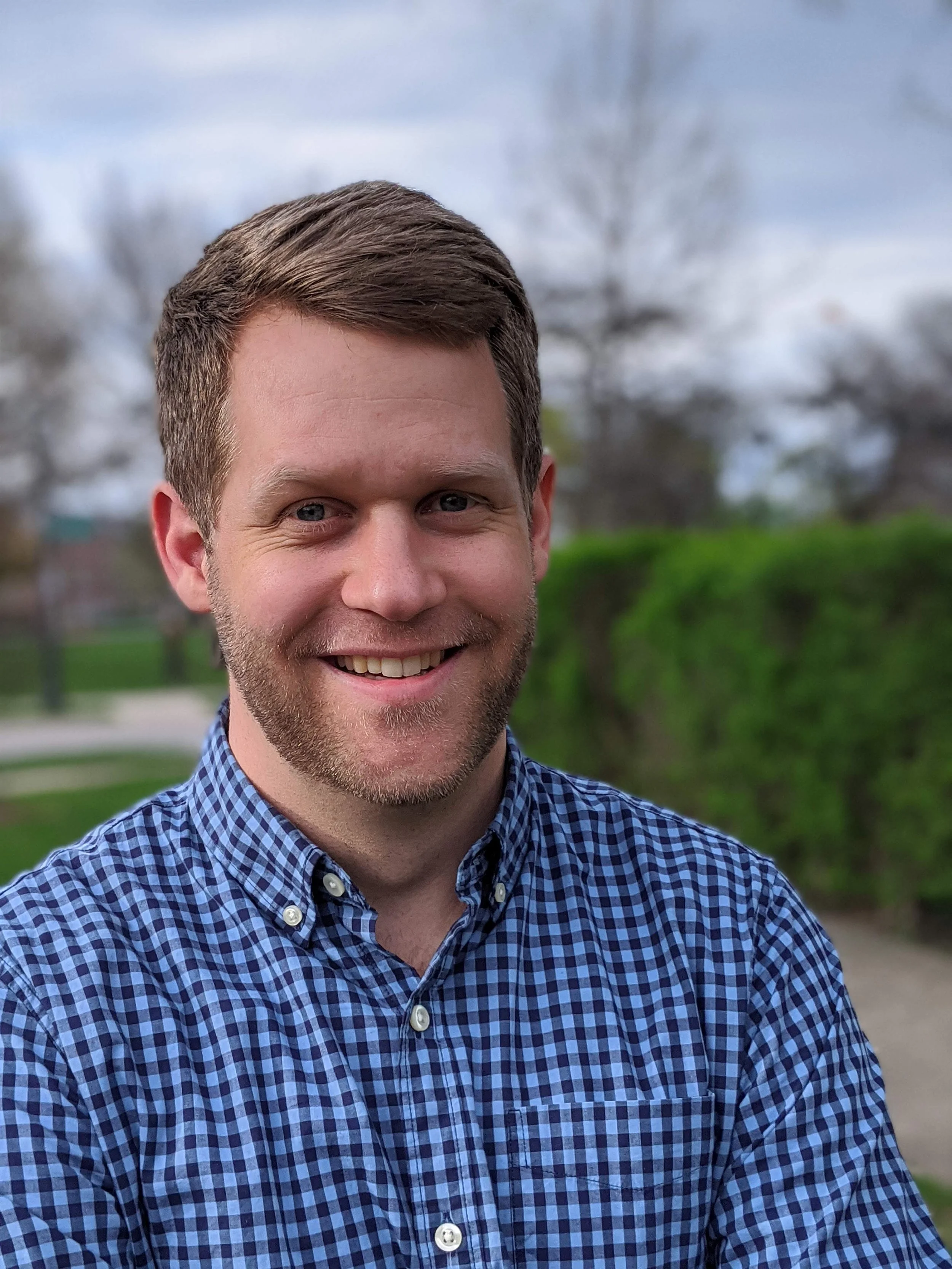Exploring Masculinity and Emotional Health: Insights from ModernMen’s Groups
We recently had the pleasure of speaking with Dr. Ellen Choi from Ryerson University and Dr. Allen Sabey from Northwestern University about their significant new study examining the experiences of men participating in contemporary men’s groups. Their research, published in our flagship journal, Psychology of Men & Masculinities, explores how these groups influence men’s attitudes toward masculinity, emotional behaviors, and overall psychological outcomes. This groundbreaking work sheds light on the transformative power of emotional vulnerability and peer support within male communities (full cite below).
Choi, E., & Sabey, A. (2024). “I could just exist … not in a box”: Experiential examinations of masculinity within a contemporary men’s group. Psychology of Men & Masculinities, 25(2), 187–202.
What were the key questions you were addressing in this article?
We were interested in understanding the experiences that men moved through when participating in modern men’s groups, like EVRYMAN, a group-level program to support men’s emotional health. In particular, we were interested in understanding if and how there were shifts in their attitudes towards masculinity and the accompanying behaviors and emotional outcomes.
What were the main conclusions to your article?
We found that men who participated in the groups were able to reconstruct their attitudes towards what it meant to “be a man” because men could witness and experience new relational interactions where men would express emotional vulnerability and still be accepted by their peers. This created a sense of belonging which allowed them to challenge preconceived notions that it was not ok to share their feelings with others. We also found numerous positive outcomes of these processes including a stronger sense of identity and purpose and a more authentic and supportive connection with others throughout their lives.
What are the key implications of your article for research, policy, or practice
Although the idea of sharing emotions and having a supportive response as healthy and even transformative is not new, our study highlights the value of having male leaders, mentors, and peers “demonstrate” the process of being vulnerable and then experiencing connection. Observing these rewarding social interactions enabled others to grow and heal just by witnessing the potential benefits of such affiliative interactions. Groups, such as EVRYMAN, can be unique by providing a contrasting experience to how men are typically socialized, which creates the opportunity for new attitudes towards masculinity to be formed that replace traditional masculine ideals. We strongly encourage men to seek out mentors or groups where these sorts of conversations can be experienced.
Where do you see this line of research heading in the future (i.e., what’s next)?
We need to study a variety of men’s groups as we recognize that not all groups have the same processes or emphases. We also need to have more diversity in demographics and identities of the men in these studies before generalizing the results to non-majority (e.g., non-white, low-income) identities and populations. Lastly, we’d like to conduct larger studies with more men to test our proposed model and evaluate more outcomes using quantitative measures in addition to the interviews.
How did you become interested in this line of query?
We became interested in this area for both professional and personal reasons. Dr. Ellen Choi is an organizational psychologist who found that the wellness interventions she studied were attracting predominantly middle-aged women. She came to this research to better understand how interventions could support men’s emotional health in the workplace. Dr. Allen Sabey is a clinical professor of marriage and family therapy working with fathers and husbands in their relationships. As a participant of EVRYMAN himself, he was curious to learn more about the mechanisms and outcomes of participating in men’s groups.
Ellen Choi, Ph.D. (she/her)
Assistant Professor | HRM/OB
Ted Rogers School of Management | TRS 2-131
Toronto Metropolitan University (formerly
Ryerson University)
575 Bay St.
Toronto ON M5G 2C5
Allen K. Sabey, Ph.D., LMFT (he/him)
Allen K. Sabey, Ph.D., LMFT (he/him)
Clinical Assistant Professor
MSMFT Core Faculty
The Family Institute at Northwestern University
618 Library Place
Evanston, IL 60201



